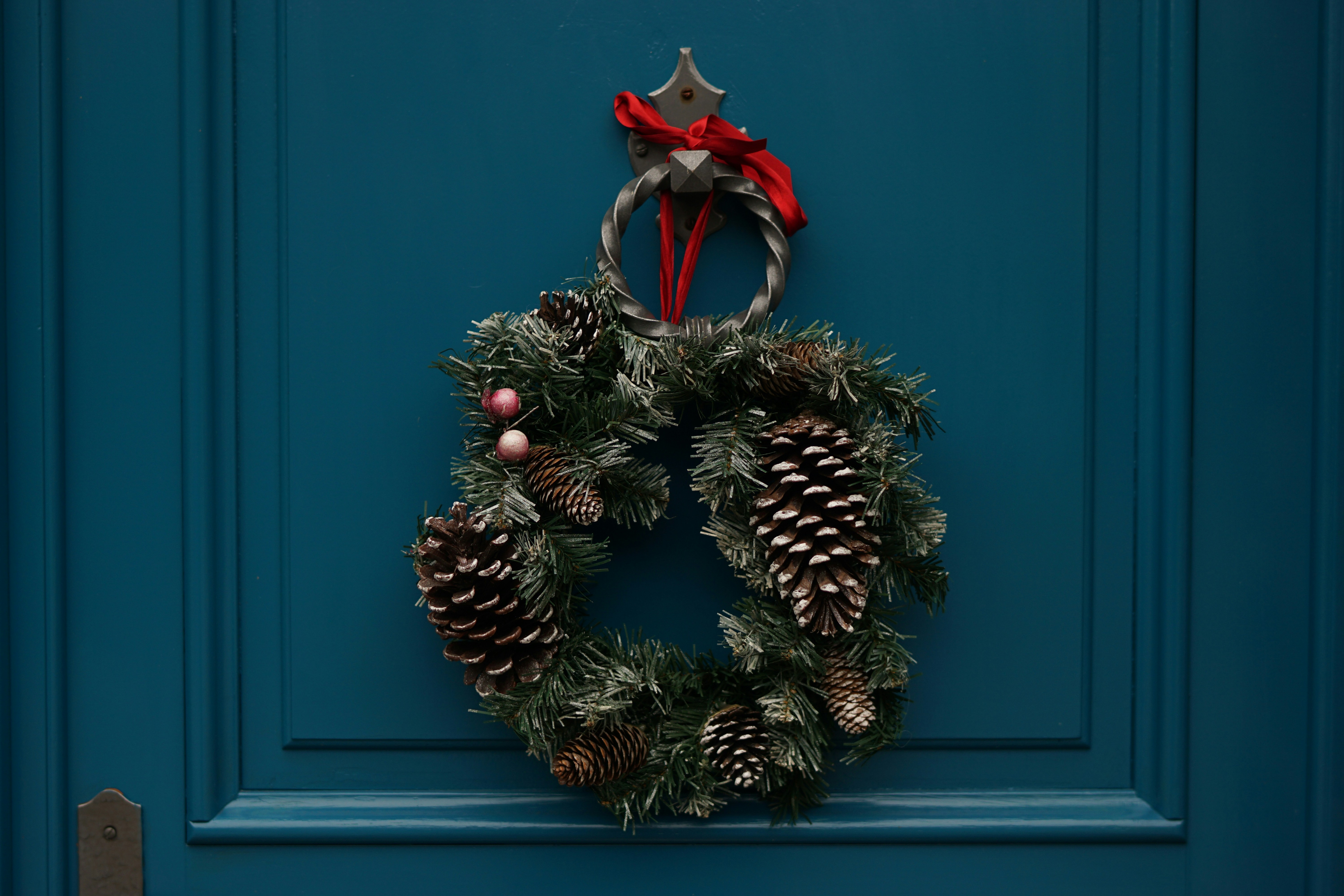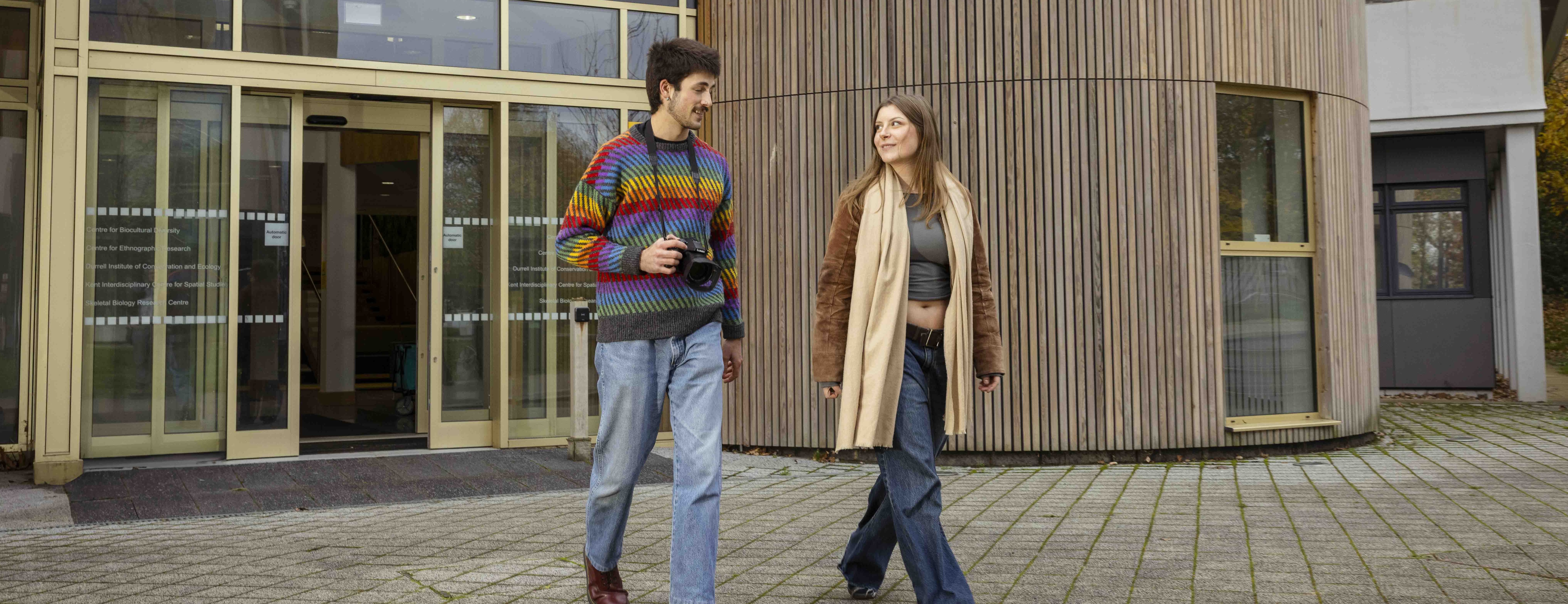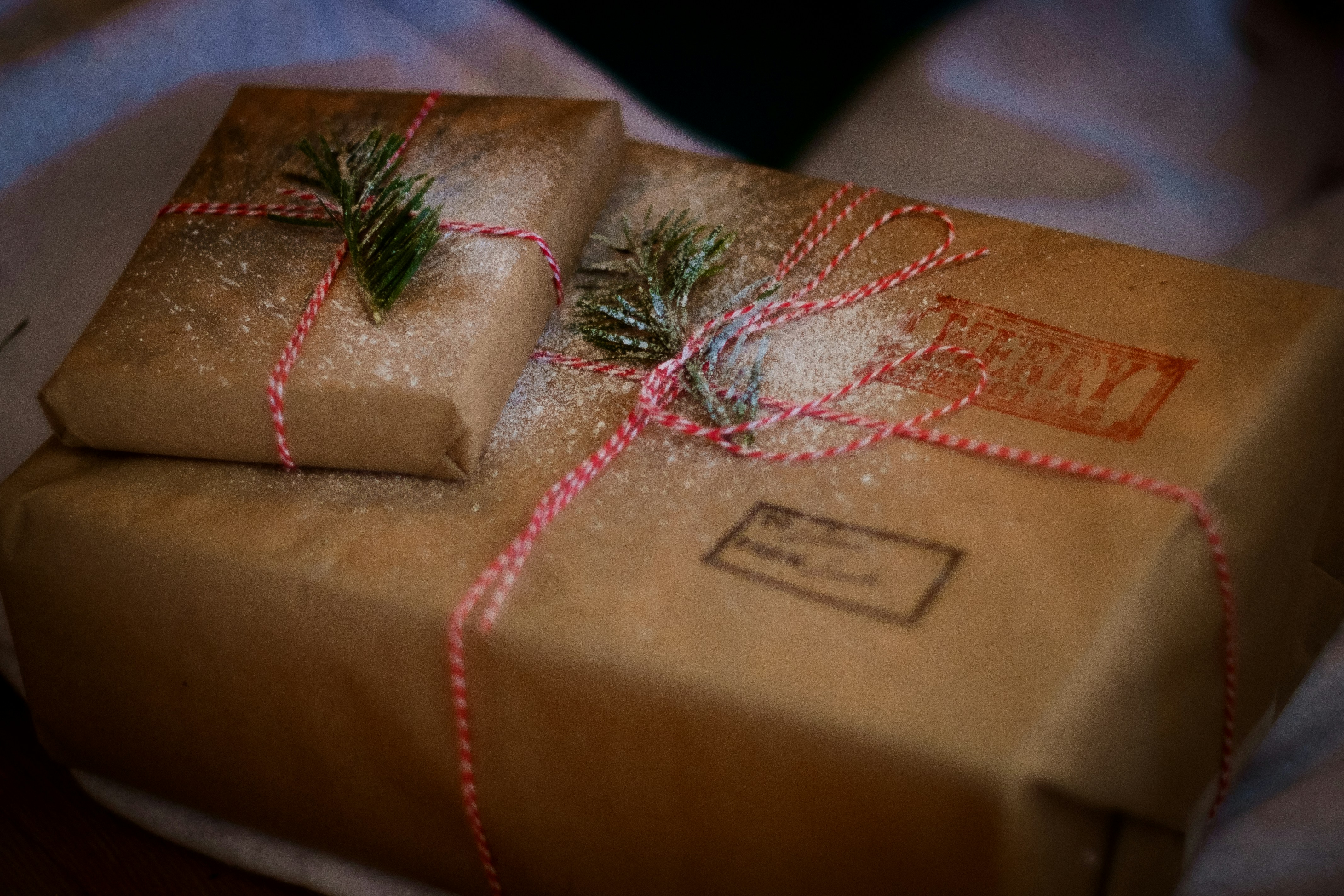Christmas is a time for gathering with loved ones, sharing meals together and popping a festive film on the telly. But Christmas can also bring on excessive consumption. So we’ve put together some advice for a more sustainable Christmas, including some helpful gift ideas to bring joy to your loved ones and the planet.
Food
Christmas Dinner is a meal many look forward to. But increasingly people are choosing to go plant-based. Even if an entirely vegan Christmas meal isn’t something you choose to go for, opt for vegetarian or plant-based side dishes or alternatives in your cooking – swapping out butter with a vegan spread, trying some nut-based cheeses with your crackers, or experimenting with new veggie Christmas recipes – there are so many online!
Eating meat for Christmas Dinner isn’t the norm in all parts of the world. In Poland, for example, the traditional Christmas meal is free from all milk, eggs and meat products and contains many vegan dishes like borscht (a beetroot soup), kutia wigilijna (a cooked wheat pudding), and accompaniments of cabbage dishes, sauerkraut and apple salad.
Christmas could be a great opportunity to try making a new dish with your loved ones. Alternatively, opt for shop-bought vegetarian or vegan Christmas dinners, which are now staples at most food retailers.
Decorations
Many people enjoy making the house look festive for the season. Aside from re-using old decorations, there are a few ways you can reduce waste and decorate sustainably this Christmas. Try asking family members for unwanted decorations – these could even make excellent Christmas gifts! If you own an artificial Christmas tree, keep using it – since these typically cannot be recycled. For new decorations, try making your own; gather pinecones and hang them on the tree. Reuse old wrapping paper for paper rings and snowflakes. Or, if you’re a Kent student, come along to our festive foraging event, where we’ll be showing you how to make a Christmas wreath from foraged materials.

Gifts
As noted by the GWP, in the UK, we throw away “approximately £42 million of unwanted presents each year (most end up in landfill). Of all purchases made in the UK for Christmas, only 1% will still be used six months after the big day.” When thinking of presents for your loved ones, consider the usefulness of a gift. Food-based gifts are always a win – try jams, baked goods, pickled vegetables in jars that can be reused for the receiver’s cooking projects (two gifts in one!). For non-edible gifts, prioritise experiences over material goods – a trip to a local wildlife reserve or sponsoring an endangered or protected species.
For material goods, consider buying from charity shops, many of which have a ‘new’ or ‘like new’ section, or partake in a second-hand gift swap to make use of items you and your loved ones no longer use. This is something DICE is doing at our Christmas party this year! PhD student and Innovation Associate, Nuwanthika Dharmaratne has organised a White Elephant Gift Exchange with secondhand items (wherein each participant brings something they no longer use and these are swapped around a group until everyone has a gift). It’s a fun way to bring family, friends and/or colleagues together for Christmas, without the negative environmental impacts of buying new.
That’s A Wrap…
DEFRA (the Department for Environment, Food and Rural Affairs) estimates that the amount of paper used at Christmas each year is enough to gift-wrap the entire island of Guernsey! Almost all of it ends up in landfill. For your gift-wrapping, aim to reuse paper where possible, or use brown parcel paper, which can be recycled. For cards, digital is the way to go. There are plenty of e-card creators online, or you can make your own on a graphic design platform! Better yet, arrange a phone call to pass your festive wishes on personally.
Happy Holidays to all who celebrate the season!

